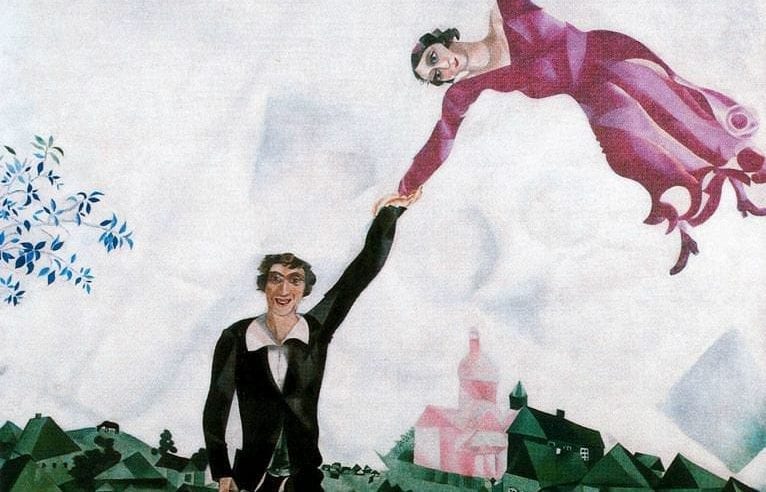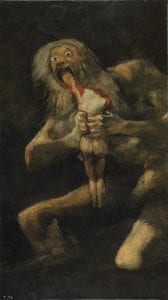
Research projects, public lectures and community initiatives delve into arts philanthropy, constituent engagement and more
Two new research projects underway at SMU Meadows School of the Arts involve Meadows faculty members, students and alumni in the M.A./M.B.A. degree program, as well as scholars and professionals from other countries. They are collaborating to investigate common topics related to fundraising and audience development that currently affect most cultural institutions.
Both projects are part of Meadows’ Division of Arts Management and Arts Entrepreneurship (AMAE) program.
The first research project, “‘Don’t Worry, Be Happy’: Artworks Eliciting Positive Emotions Increase Commitment to the Arts Among Younger Audience,” investigates viewers’ emotions when exposed to artworks with a happy, shocking or neutral theme. It is one of the first studies to do so from an arts management and cultural policies point of view. This research aims to demonstrate the effect of positive and negative emotions on the viewer’s engagement.

For this study, three paintings, each of them carrying a specific emotion, were chosen: Marc Chagall’s Promenade (happiness), Francisco Goya’s Saturn Devouring His Son (shock) and Barnett Newman’s Black Fire (neutral). The study subjects, 127 young adults, were divided into three groups. Each group was shown one of the paintings. The results show that if a painting makes a viewer feel happy, he or she is more likely to want to find out more about the painting, and more likely to feel committed to the art and the viewing experience. While both the negative and positive images elicited curiosity, only the positive image had a significant effect on commitment. The researchers found that “positive emotions give life to a set of concrete actions, in terms of monetary and non-monetary investments.” The implication for art museums is that if they find ways to pique and harness visitors’ curiosity and commitment, they may improve visitor retention and build membership. For example, a museum might consider these outcomes when deciding what paintings to display in an exhibition.
The project is led by Dr. Alex Turrini, associate professor in the Department of Social and Political Science at Bocconi University in Italy and visiting chair of the Meadows AMAE Division, and Dr. Isabella Soscia, associate professor in the Department of Marketing at SKEMA Business School Sophia-Antipolis, France.
The second research project, “Exploring Drivers for Multi-categorical Charitable Giving in the Arts,” examines a fundamental shift in arts philanthropy from charitable gifts limited to the arts field to donations to arts programs that create social impact for the community (also known as multi-categorical programs). The study is exploring different mechanisms and donors’ motivations for supporting “art-in-the-community” programs.
The study will be conducted in spring 2019 by Dr.Turrini; Janet Clarkson Davis, consulting firm owner and adjunct lecturer in fundraising in the AMAE Division; James Ryan Jillson, an M.A./M.B.A. alumnus, membership manager at the Nasher Sculpture Center, and teacher of arts management in the AMAE Division; Andrea Rurale, lecturer in the Marketing Department at Bocconi University and director of Bocconi’s Master in Arts Management and Administration (MAMA) program and International Program in Arts Management (IPAM); and Barbara Canale, a Bocconi student. Results will be released in the summer.
Papers on both research studies have been accepted for presentation at one of the most prestigious academic conferences in art and cultural management, AIMAC (the International Association of Arts and Cultural Management). Turrini will present the papers at the conference in Venice in June.
AMAE Recent Guest Speakers and Programs
The AMAE Division also presents programs with national and international guest speakers. Last year, Jane Chu, former chair of the National Endowment for the Arts (2014–18) and a Meadows alumna, met with Turrini’s U.S. Cultural Policies class to discuss arts leadership. In February, author and Bocconi professor Anthony Bertelli gave a public talk at the Hamon Arts Library exploring the relationship between art and politics, and the role of art institutions in cultural policies.
The Meadows School is also involved in Dallas’s vibrant cultural environment, contributing through its faculty and students to developing new projects and strategies. Last fall, 20 graduate students from Meadows’ M.A./M.B.A. and M.M. in International Arts Management programs participated in a workshop to fine-tune the Dallas Cultural Plan, which lays out over 100 initiatives and strategies for Dallas arts and culture over the next decade.
For more information about graduate programs in the Division of Arts Management and Arts Entrepreneurship.

